+8613776545860
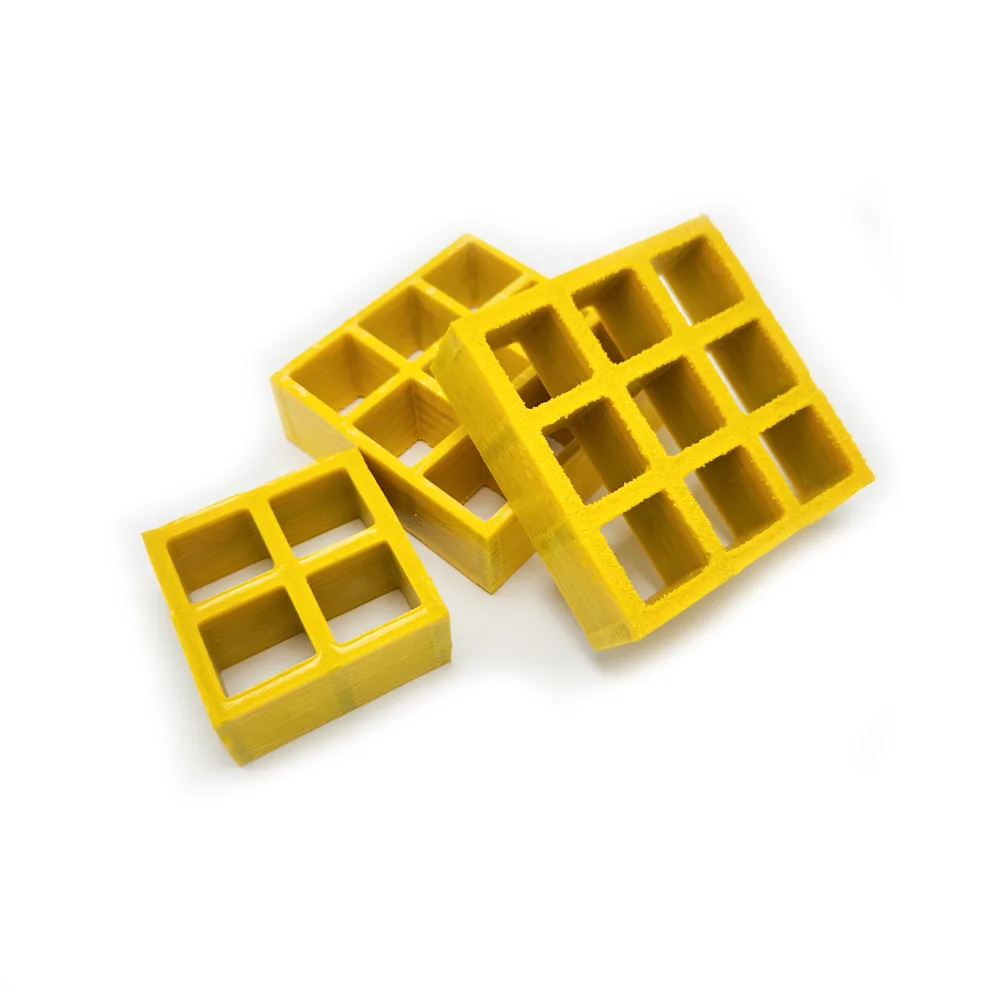
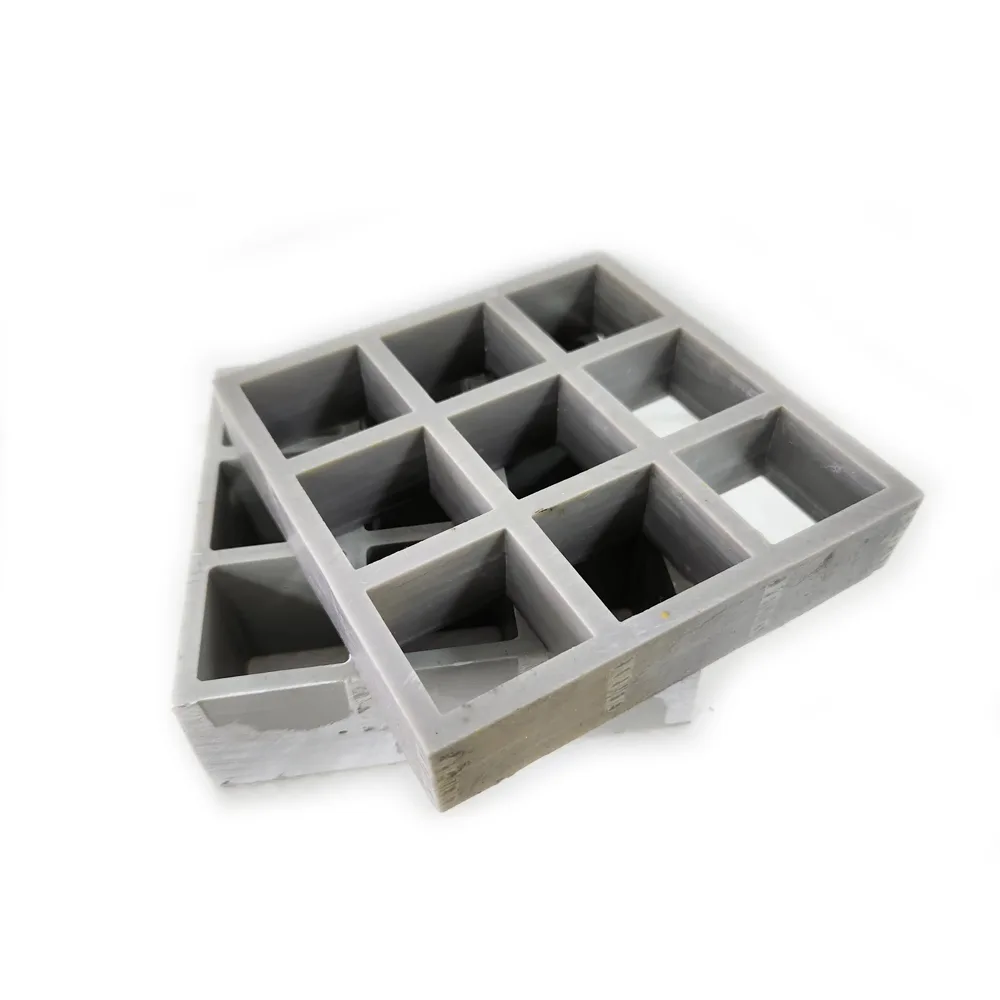
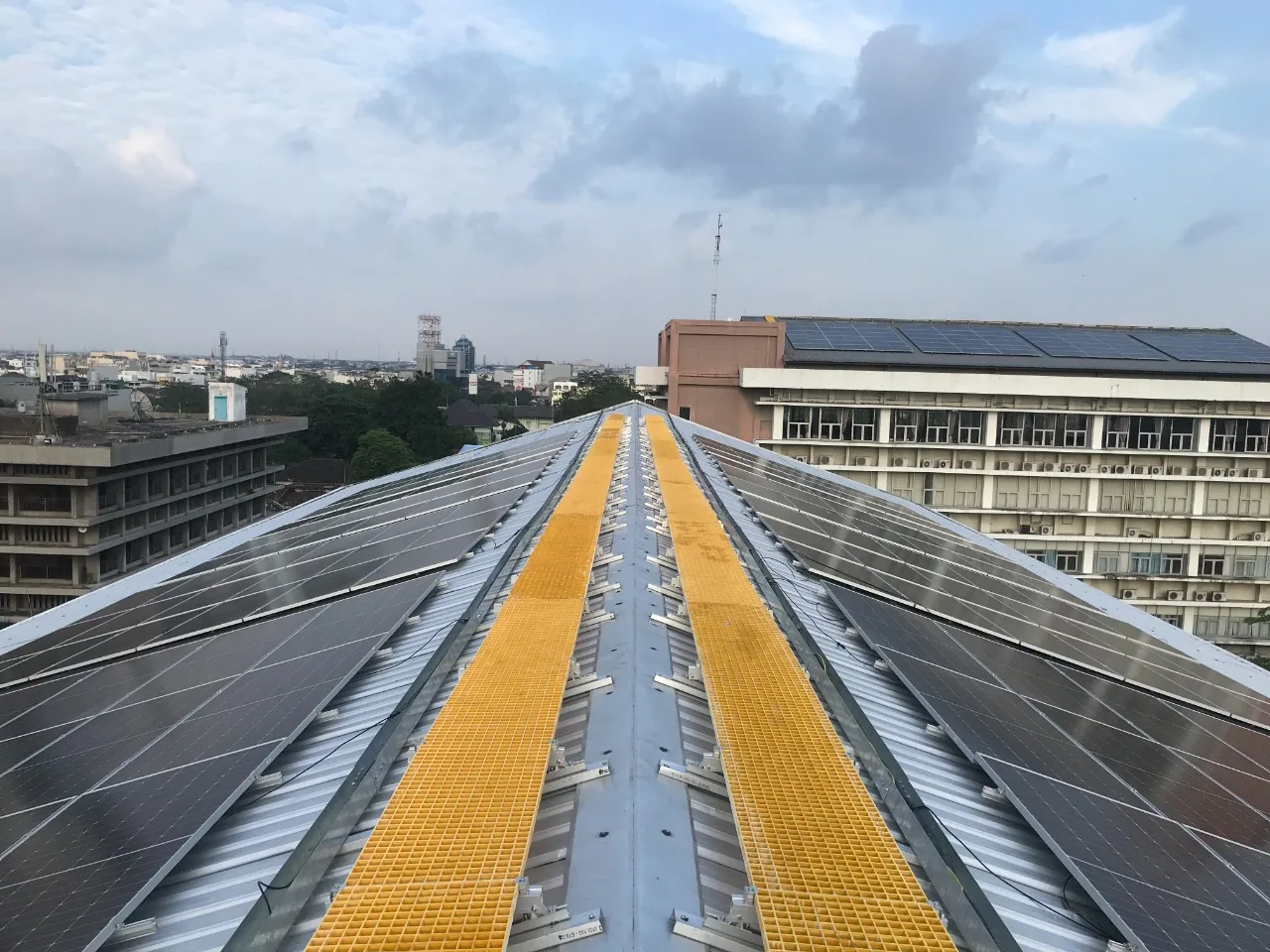
Fiberglass Grating: The Strong, Safe, and Versatile Solution for Your Industrial Needs
Fiberglass grating has emerged as a powerful alternative to traditional metal grating in various industrial applications. This blog post will delve into the advantages, applications, and key considerations of fiberglass grating, making it a valuable resource for engineers, architects, and construction professionals seeking a strong, safe, and versatile solution.
The Advantages of Fiberglass Grating
Fiberglass grating boasts several advantages over its metal counterparts:
- Unmatched Corrosion Resistance: Fiberglass is impervious to rust, corrosion, and chemicals, making it ideal for harsh environments exposed to moisture, chemicals, or salt. This translates to a longer lifespan and reduced maintenance costs compared to metal grating, which can deteriorate over time.
- Lightweight Champion: Fiberglass grating is significantly lighter than steel grating. This translates to easier transportation, installation, and handling on-site, reducing labor costs and potential safety hazards.
- Superior Strength and Durability: Don’t be fooled by the weight. Fiberglass grating offers exceptional strength-to-weight ratio and excellent impact resistance, making it a viable solution for various weight-bearing applications.
- Slip Resistance: The surface of fiberglass grating can be designed to be slip-resistant, even in wet or oily conditions, promoting worker safety in industrial settings.
- Electrical Non-Conductivity: In environments where stray electrical currents are a concern, fiberglass grating’s non-conductive nature is a significant advantage.
- Translucent Properties: Certain types of fiberglass grating allow for light transmission, potentially reducing lighting needs in specific applications.
Applications of Fiberglass Grating
The versatility of fiberglass grating makes it suitable for a wide range of industrial applications, including:
- Walkways and Platforms: Fiberglass grating provides a safe and slip-resistant walking surface for industrial facilities, offshore platforms, and wastewater treatment plants.
- Drainage and Trenches: The open design of fiberglass grating allows for efficient drainage of liquids and debris, making it ideal for trenches, car washes, and industrial kitchens.
- Stair Treads: Fiberglass grating can be used for stair treads, offering a slip-resistant surface and reducing weight compared to metal alternatives.
- Safety Barriers and Railings: The lightweight nature and corrosion resistance of fiberglass grating make it suitable for safety barriers and railings in various industrial settings.
- Mezzanines and Work Platforms: The strength and weight advantage of fiberglass grating make it a viable option for mezzanines and work platforms in industrial facilities.
Considerations for Fiberglass Grating
While fiberglass grating offers numerous advantages, some factors require consideration:
- Load Capacity: The load capacity of fiberglass grating can vary depending on the design and resin used. Consulting with a qualified manufacturer and engineer is crucial to ensure it meets the specific load requirements of your project.
- Fire Resistance: Standard fiberglass grating may not have the same fire resistance as some metal options. Fire-retardant additives can be used in fiberglass grating for specific applications with fire safety concerns.
- UV Exposure: Long-term exposure to direct sunlight can degrade some types of fiberglass grating. Manufacturers offer UV-resistant options for applications with significant sun exposure.
The Future of Fiberglass Grating
With its growing popularity and continuous advancements in resin technology, fiberglass grating is poised to play an even more prominent role in industrial construction. As research and development continue, we can expect even greater strength, fire resistance, and potentially lower costs, solidifying fiberglass grating’s position as a preferred choice for safety, performance, and long-term value.

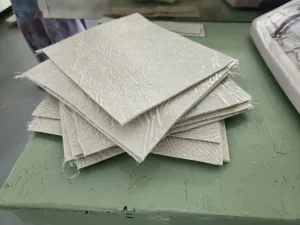
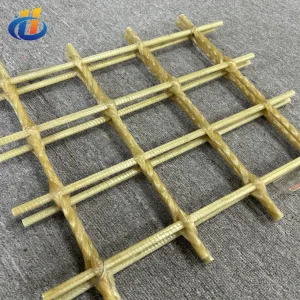
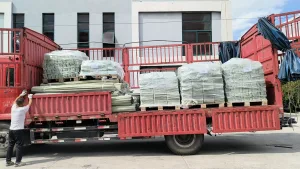
 Get Free Quote Now! Don’t Hesitate!
Get Free Quote Now! Don’t Hesitate!